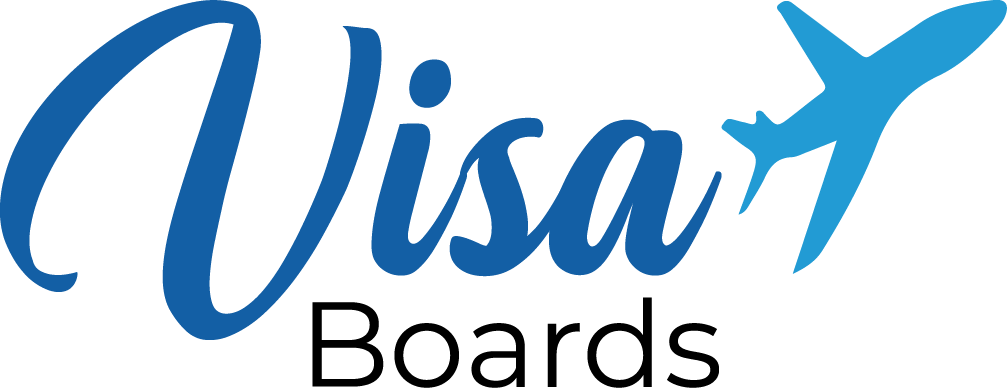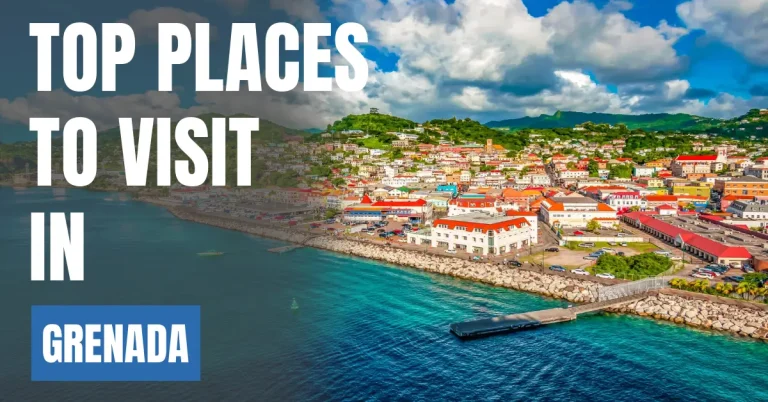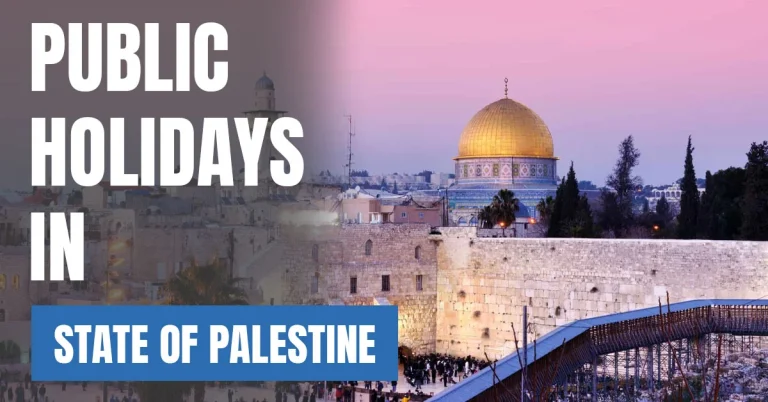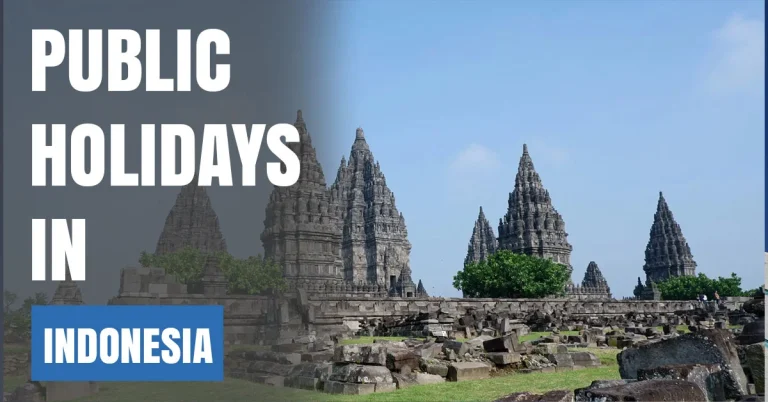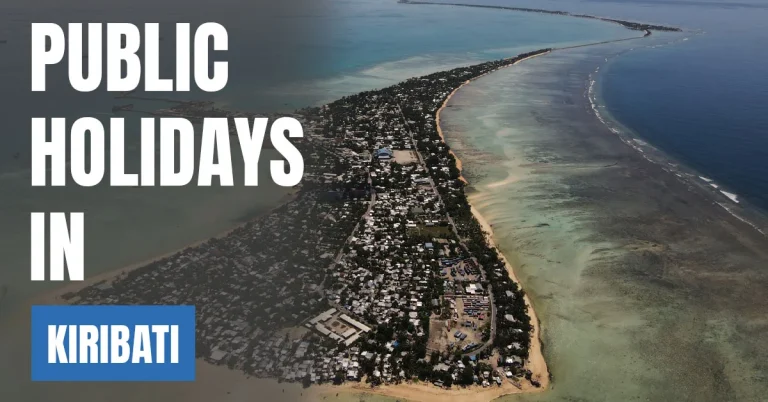Public Holidays in North Korea 2026 – National & State Observances
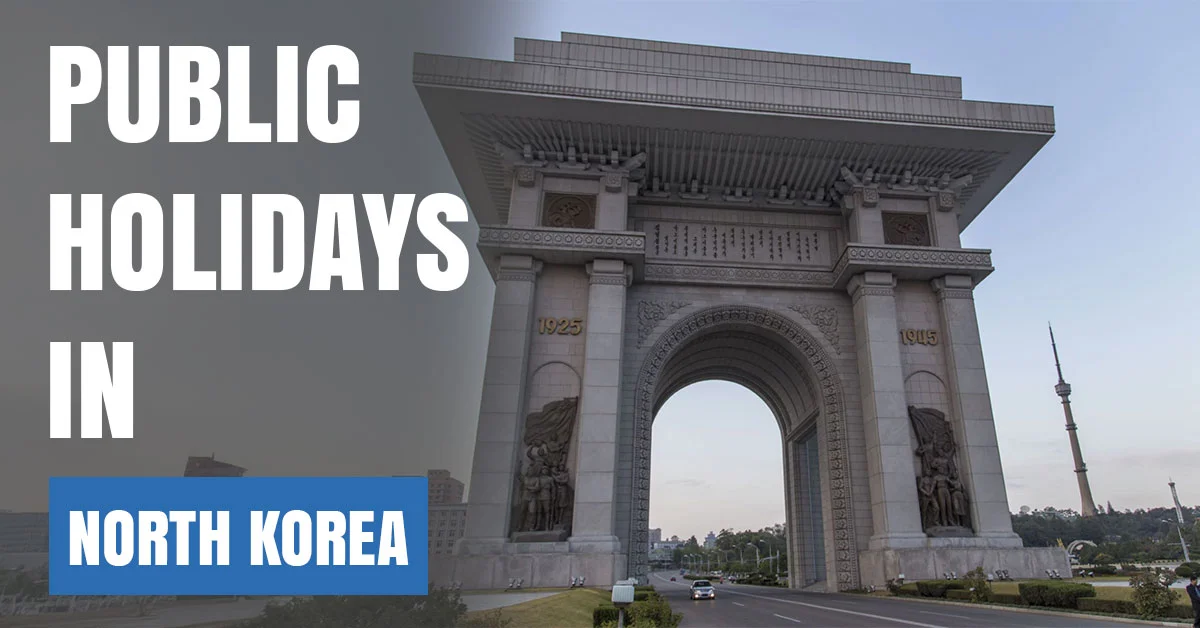
North Korea (DPRK) observes a large number of state-declared public holidays, many of which celebrate the country’s leadership, military institutions, and national milestones. The calendar includes leader birthdays, founding anniversaries, traditional Lunar New Year, and historic state days. (Sources: Wikipedia, OfficeHolidays, PublicHolidays Asia, North Korea travel guides)
Overview of North Korean Public Holidays
North Korea’s public holidays strongly emphasize state ideology, the ruling Workers’ Party, and the Kim dynastic leadership. Among the most significant observances are the birthdays of Kim Il Sung (“Day of the Sun”) and Kim Jong Il (“Day of the Shining Star”). The government typically declares 17 or more national public holidays each year, though the exact number may vary depending on official announcements.
Selected Public Holidays in North Korea (2026)
| Date | Holiday | Significance / Notes |
|---|---|---|
| January 1 | New Year’s Day | Gregorian New Year holiday |
| February 16 | Day of the Shining Star (Kim Jong Il’s Birthday) | Major leader birthday observance |
| February 17 | Korean New Year (Lunar / Seollal) | Traditional lunar New Year observance |
| April 15 | Day of the Sun (Kim Il Sung’s Birthday) | Most important holiday; often observed with multi-day celebrations |
| April 25 | Military / Army Day | Commemorates the founding of revolutionary armed forces |
| May 1 | Labour Day / International Workers’ Day | Workers’ holiday |
| July 27 | Victory Day | Marks the Korean War armistice (Fatherland Liberation Day) |
| August 15 | Liberation Day | Anniversary of liberation from Japanese occupation |
| August 25 | Day of Songun | Commemorates the “military-first” leadership ideology |
| September 9 | National Day / Foundation of DPRK | Founding of the DPRK in 1948 |
| October 10 | Party Foundation Day | Anniversary of the Workers’ Party foundation |
| November 16 | Mother’s Day | Recognized national observance |
| December 27 | Constitution Day | Marks adoption of the DPRK constitution |
Although tourism is highly restricted, extended holiday periods are sometimes highlighted in curated itineraries showcasing key monuments and cultural sites listed under places to visit in North Korea. Accommodation for approved visitors is typically limited to state-designated hotels in North Korea.
Selected Public Holidays in North Korea (2025)
| Date | Holiday | Significance / Notes |
|---|---|---|
| January 1 | New Year’s Day | Gregorian New Year holiday |
| February 16 | Day of the Shining Star (Kim Jong Il’s Birthday) | Major leader birthday holiday |
| February 17 | Korean New Year (Lunar / Seollal) | Traditional lunar New Year observance |
| April 15 | Day of the Sun (Kim Il Sung’s Birthday) | Most important holiday; multi-day celebrations often occur |
| April 25 | Military / Army Day | Commemorates founding of the military forces |
| May 1 | Labour Day / International Workers’ Day | Workers’ holiday |
| July 27 | Victory Day | Korean War armistice commemoration |
| August 15 | Liberation Day | End of Japanese occupation |
| August 25 | Day of Songun | Military-first leadership ideology |
| September 9 | National Day / Foundation of DPRK | State founding anniversary |
| October 10 | Party Foundation Day | Workers’ Party founding anniversary |
| November 16 | Mother’s Day | National observance |
| December 27 | Constitution Day | Constitution adoption anniversary |
Note: These tables list widely documented public holidays, but the complete official list may include additional days or changes announced by the state.
Observance & State Practices
- The Day of the Sun is often treated as a multi-day event with mass gatherings, concerts, exhibitions, and extensive state media coverage.
- Many holidays revolve around political symbolism, ideological messaging, and leader-centric commemorations.
- Traditional holidays like Lunar New Year remain part of the calendar, though secondary to state holidays.
- The number of public holidays may vary annually based on government directives.
Frequently Asked Questions (FAQs)
How many public holidays does North Korea have in 2026?
Estimates suggest North Korea observes 17 to 19 public holidays in 2026, depending on official state declarations.
What is the most important holiday in North Korea?
The Day of the Sun (April 15), honoring Kim Il Sung, is regarded as the most significant national holiday.
Are leader birthdays official public holidays?
Yes. Leader birthdays, especially Kim Jong Il’s birthday (Day of the Shining Star), are officially observed nationwide.
Are traditional lunar holidays still observed?
Yes. Traditional holidays such as Korean New Year (Seollal) remain part of the national calendar.
Conclusion
Public holidays in North Korea reflect the regime’s emphasis on leadership, ideology, and national identity. From the Day of the Sun and Day of the Shining Star to state anniversaries such as Victory Day and Party Foundation Day, these observances play a central role in the country’s political and social rhythm.
Also Explore: Public Holidays in Kiribati
